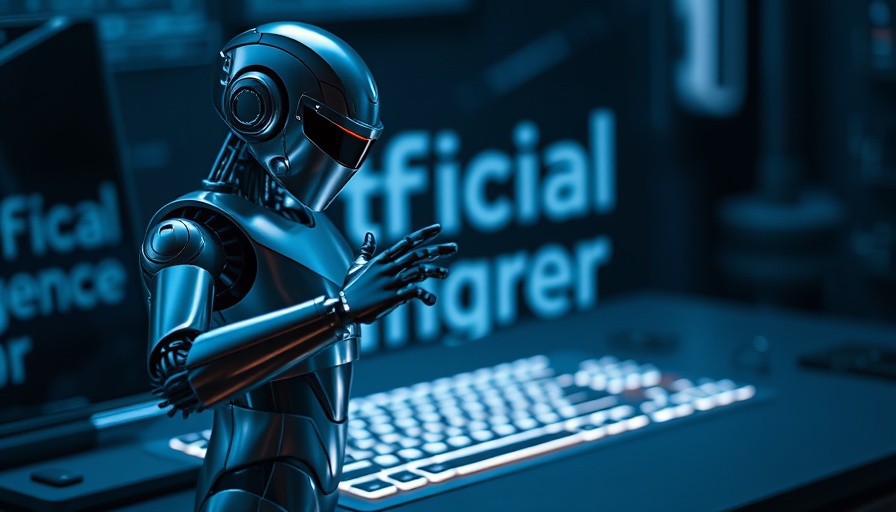
AI and the Future of IT Jobs in India
As discussions around the implications of artificial intelligence (AI) intensify globally, Narayana Murthy, co-founder of Infosys, presents a refreshing perspective on the fears of job displacement. Contrary to the gloom and doom projections about AI rendering many jobs obsolete, Murthy asserts that this technological advancement will not eliminate jobs but transform and enhance them, especially in India's IT sector. He cites the banking industry's post-computerization surge, where employment grew by 40-50 times, to support his argument that AI can bring about similar growth in job opportunities.
Understanding the Transformative Power of AI
In a world increasingly driven by digital solutions, Murthy believes that AI will enhance the productivity of programmers by allowing them to focus on more complex, higher-level problem-solving tasks. The narrative that AI will act as a job destroyer does not hold when viewed through the lens of its potential to augment human capabilities. The ability to tackle intricate challenges helps position professionals to not only survive but thrive in a changing job landscape.
Real-Life Examples of Job Growth
To illustrate the positive impact of technology, Murthy points to the past experiences of the IT and banking sectors. For instance, after the introduction of computers in banking, roles shifted from mundane tasks to complex financial analysis and customer engagement, leading to higher value positions. This applied transition showcased that technology can stimulate job creation rather than annihilation, a sentiment echoed by industry leaders worldwide.
Adapting Skills in the Age of AI
For the current and future workforce, the implication is clear: adaptability is key. As AI tools become more integrated into operations, there will be a growing need for individuals skilled in AI management and programming. Murthy encourages educational institutions to incorporate AI studies into their curriculums to equip students with essential skills needed for the influx of AI-driven job opportunities.
Embracing Change for a Brighter Employment Future
While uncertainty accompanies any technological shift, Murthy’s optimistic outlook serves as a reminder of the potential for growth and innovation. The challenge remains for both employees and organizations to embrace the change. With the right mindset and preparation, the advent of AI may not just preserve the job market, but reshape it into a landscape rich with opportunity.
As AI continues to evolve, staying informed about its influence on careers is crucial. Those eager to navigate this new terrain should consider leveraging tools like Prompt2Human to ensure their skills remain relevant.
 Add Row
Add Row  Add
Add 




 Add Row
Add Row  Add
Add 

Write A Comment